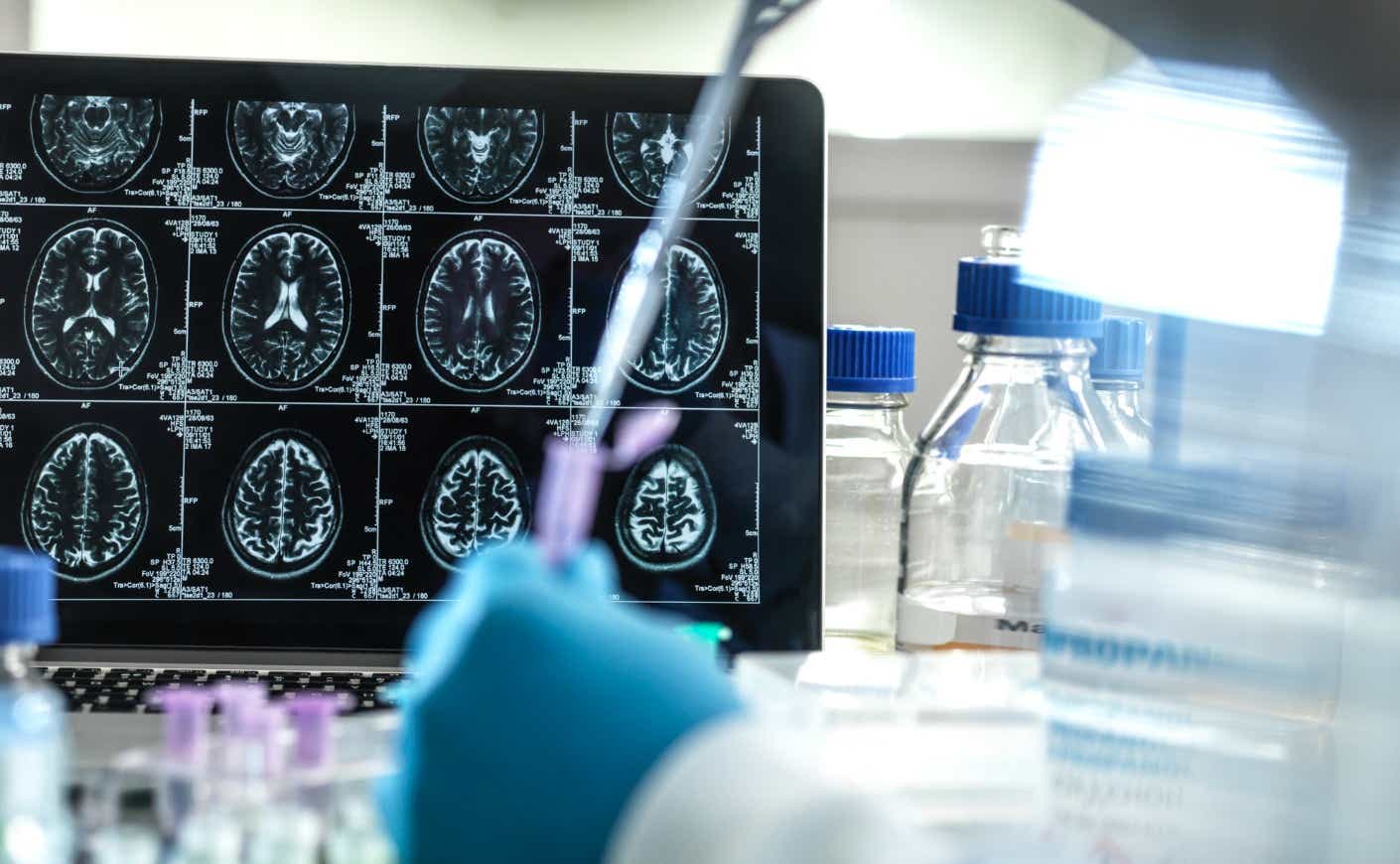Here are the signs to look out for to help with early detection.
Occasionally forgetting names or losing your keys can happen to us at any age, but if these kinds of things are happening regularly, you might want to talk with your doctor about whether it could be a sign of a more serious underlying health condition.
This is especially important in light of a new report released Tuesday by the Alzheimer’s Association, which found that 6.5 million Americans have Alzheimer’s disease. The findings break down the data by age bracket: Of those 6.5 million, about 1.75 million are between the ages of 65 and 74, 2.41 million are between 75 and 84, and 2.31 million are 85 or older. Beyond that, 12 to 18 percent of adults 60 and over have “mild cognitive impairment,” which may be a precursor to dementia.
Maria Carrillo, the group’s chief science officer, told USA Today that part of the problem is that many people dismiss early signs as simply a natural part of aging, but she warns that a delay in diagnosing “can be harmful.”
We break down why diagnosing Alzheimer’s remains especially tricky, even among doctors — and why some remain wary of treatments.
What is Alzheimer’s disease, exactly?
Alzheimer’s is a brain disorder that progresses over time, leading to the slow loss of memory, thinking skills, and eventually, the ability to carry out even simple tasks like brushing your teeth, as outlined by the Centers for Disease Control. It’s also the most common cause of dementia, a term for the degradation of memory and other cognitive abilities that are serious enough to interfere with daily life.
What are the early signs of Alzheimer’s?
Though these can vary widely in individual patients, the Alzheimer’s Association outlines 10 of the main warning signs, which include:
- Forgetting recently learned information
- Having trouble solving a problem or following directions
- Struggling to complete familiar tasks, like making a grocery list
- Losing track of dates, times, or seasons
- Developing vision problems that are unrelated to eye conditions like cataracts
- Having trouble starting or joining a conversation
- Misplacing things or dropping them in unusual places, like the refrigerator
- Losing the ability to exercise good judgment on important issues like finances
- Withdrawing from work or social activities
- Having changes in your mood or personality, such as suffering from depression or frequent confusion
What are some ways to prevent Alzheimer’s?
As concerning as this new report may be, there are a number of ways to reduce your risk for Alzheimer’s. You can start by making sure you’re getting in some daily exercise, whether that involves taking a run or walking your dog. In fact, Researchers at Washington VA Medical Center and George Washington University found that those who are at the top of their fitness level are 33 percent less likely to develop the condition.
It’s also important to make sure that you exercise your brain — which is also known as mental fitness. In fact, brain-building mental exercises like working on a puzzle or journaling on a regular basis can reduce your chance of developing Alzheimer’s disease by up to 70 percent, according to the Alzheimer’s Research and Prevention Foundation.
Why is it so difficult to diagnose?
Even when patients bring up their memory loss or cognitive problems during their routine check-ups, their primary doctors might not always be able to detect it. According to USA Today, 72 percent of doctors had trouble distinguishing between normal aging of the brain and cognitive decline. Another 60 percent of them weren’t versed in using tests like spinal tests and brain scans to look out for key markers of Alzheimer’s in the body.
At the same time, there’s some questions about how useful these screenings are when it comes to everyday life, because not all health care professionals are ready or able to advise a patient about how the condition will impact decisions such as whether they should continue to drive.
Are there Alzheimer’s treatments?
There are a few options on the market — Aduhelm is the most recent one. Though it was approved by the Food and Drug Administration in June, but many remain reluctant to give the new drug a try.
For patients, this may have something to do with the fact that the drug is not covered by most insurance (for just one person, it costs $56,000 a year). Meanwhile, doctors remain hesitant to prescribe the drug after studies yielded mixed results, and three FDA’s expert advisers quit when the agency moved forward with approving it.
“It’s frustrating for everyone,” Dr. Keith Vossel told USA Today about the drug. “We just need to be a little patient. Until we can have more information about the efficacy and safety of these drugs, I do think it’s a little early for widespread use.”
But there are some other potential options on horizon: Pharma companies Biogen and Roche are expected to complete clinical trials for their own Alzheimer’s drugs this year.









